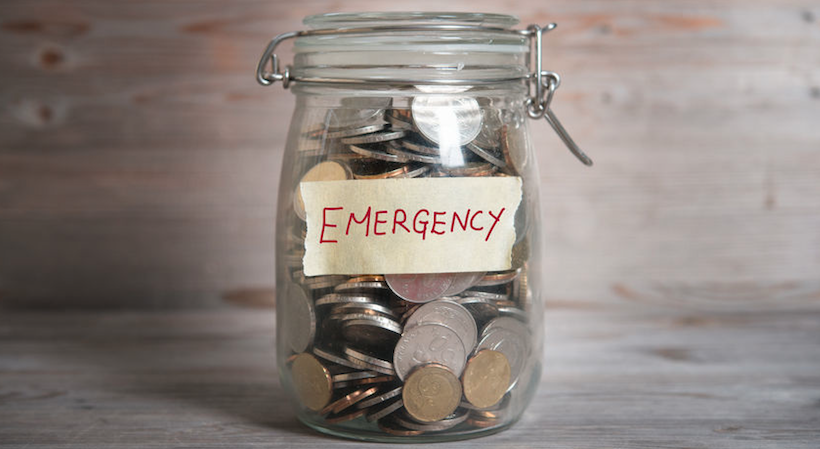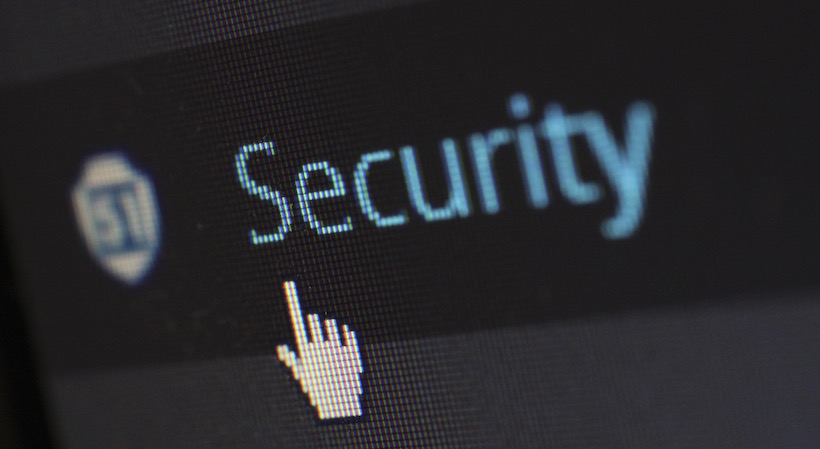From natural disasters to cyber attacks to power and internet outages, disruptions to your business can happen at any moment – and often when you least expect it. The current COVID-19 pandemic is a prime example.
The consequences for a lack of preparedness can be severe, especially when your company is just getting off the ground and cash reserves and revenues are low, making it even more difficult to bounce back.
Here are five ways your business can weather the storm when disaster strikes:
Keep selling
You may find your business needs to close in a crisis situation. When you’re unable to conduct business from a brick-and-mortar location, your business can turn to mobile point-of-sale (POS) solutions that can accept payments in any situation, all from a mobile device. In fact, with an advanced mobile POS solution, you can still accept offline transactions even if your business loses its wireless connection.
Mobility is an increasingly important quality for startups, and this is especially true if your company provides products or services that are in high demand during emergency situations, such as food, fuel or medical supplies. By keeping your POS solutions mobile, your business can play an impactful role in supporting your community during an emergency situation while maintaining your revenue stream.
Related: Do You Need Personal Liability Insurance for Your Business?
Paying your vendors
Your vendor relationships shouldn’t suffer, so make sure your payments will make it on time regardless of the circumstances. By automating your entire invoice-to-payment process, your company can make sure vendors get paid even when business operations are disrupted, keeping your supply chain and key business processes moving even when other aspects of your business are at a stand-still.
Staying in touch during a crisis
In today’s world, social media has become the go-to means of communication for many when disaster strikes, especially when travel becomes impossible or telephone services are impacted. Leverage your social media channels to help keep customers up-to-date on changing business hours and the availability of critical goods and services at your locations.
In addition to keeping your customers in the loop on your business operations, social media can also be a helpful tool for staying in touch with your employees and ensuring your workforce is staying safe. After all, in an emergency scenario, the well-being of your employees is priority one.
Managing inventory
Your business should keep its supply chain flexible with a diverse set of suppliers and transportation methods. Consider choosing an inventory management solution that connects directly with your POS system to track inventory automatically, allowing you to easily keep an eye on supplies—even in a time of crisis.
Sign Up: Receive the StartupNation newsletter!
Paying your employees
Enrolling your employees in an electronic payroll program helps ensure they will receive their paychecks, even when unforeseen circumstances prevent them from reaching their workplace. Prepaid payroll card options can also make it easier for you to distribute emergency funds to your employees to help them get through difficult times. The quicker your employees can get back on their feet, the easier it is to keep your business up and running.
No matter what type of disaster strikes, developing a business continuity plan that meets the unique needs of your business (and the communities it serves) is the key to sustainability. Begin working with your employees, vendors and community leaders today to discover ways to prepare your company for the unexpected, and you’ll be ready for surviving whatever lies ahead.






